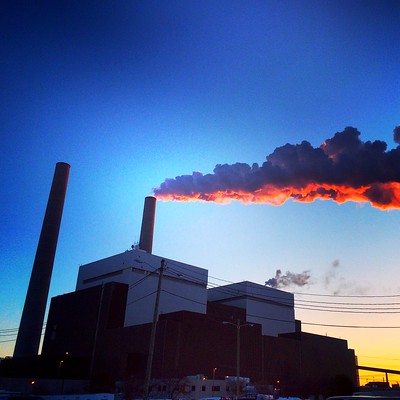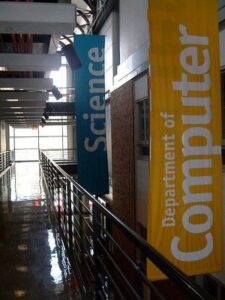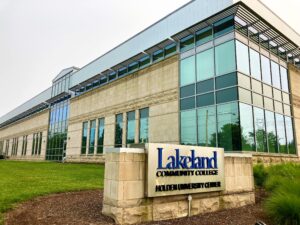Earlier this year, I wrote about legislation in Michigan that would require all electricity to come from clean energy sources after 2035. Well, the legislation has changed slightly, but the plan is still pretty much the same. Instead of eliminating carbon-based energy production by 2035, the new target date is 2040. The new deadline hasn’t changed the need for a clean power workforce in Michigan.
In case you thought the bills might be going away, they’re still very much alive. The Michigan Senate passed a package of four bills that set clean power production targets for utility companies. According to the legislation, power producers must generate at least half of their energy output using clean sources by 2030, and must eliminate carbon-based fuel generation by 2040.
The Senate bills passed along party lines, with Republican members expressing concern that ratepayers would see higher energy bills. Interestingly, DTE and Consumers Energy – the state’s two largest public utilities – did not take a position on the transition to clean energy. The utilities have already embarked on a plan to transition to clean power generation. As part of that plan, they intend to close all remaining coal-fired plants in the state.
Democrats relaxed the timeline for carbon-free energy production over concerns that a more rapid transition to clean energy production could increase the likelihood of power outages around the state. Under the bills, clean energy sources could include wind, solar, nuclear power, and natural gas as long as the gas-fired plants have effective carbon capture mechanisms in place.
The bills now go back to the House for approval, which is likely – as is the Governor’s signature. The approval sets into motion a relatively short timeline to train a workforce for clean energy jobs.
Michigan needs a clean energy workforce
This is an opportunity for community colleges to train a skilled energy workforce in Michigan. The demand for these workers is high and growing. DTE has open positions for renewable energy plant operators that pay between $30-$40 per hour. That’s $63,000 – $83,000 per year, and more than enough to place workers squarely into the middle class.
With the new legislative mandates, there will be more similar job openings in the future. These jobs will go to workers with the right educational credentials, which community colleges can provide. Aside from jobs available through large utilities, there will also be clean energy jobs available through private employers that operate their own power plants.
The time to develop clean energy technology programs is right now. The passage of this legislation is right around the corner.
Photo Credit: Tom , via Flickr














